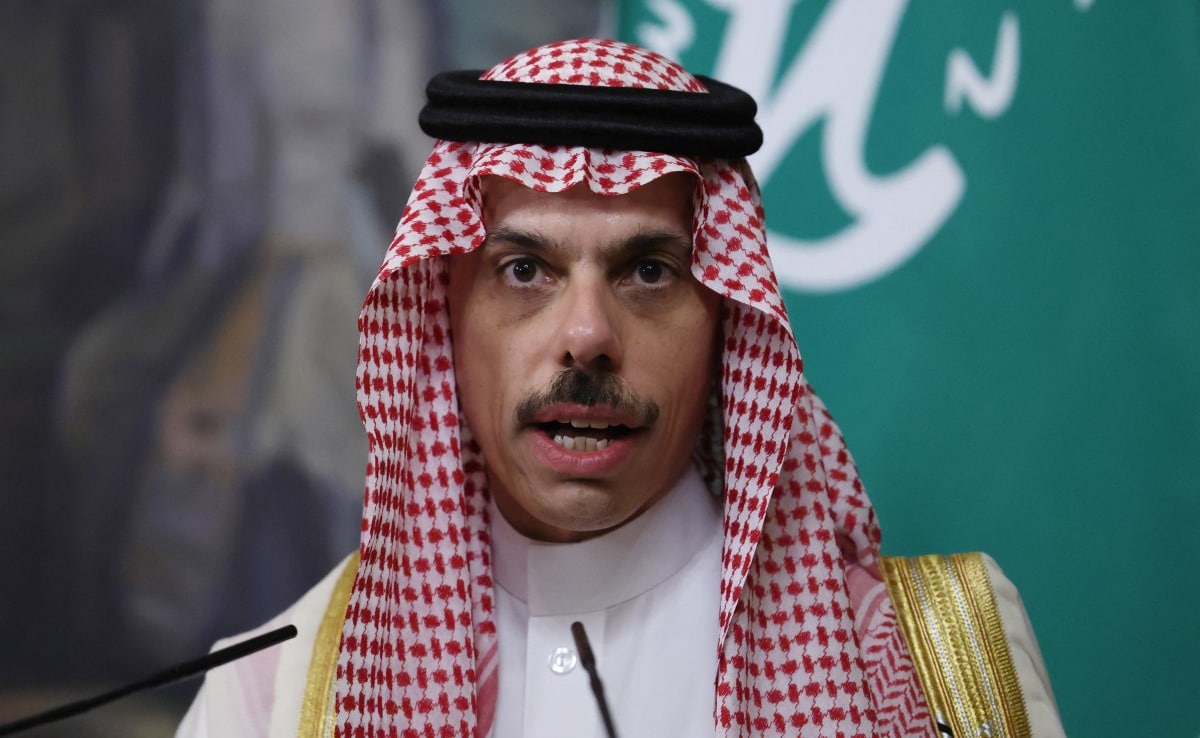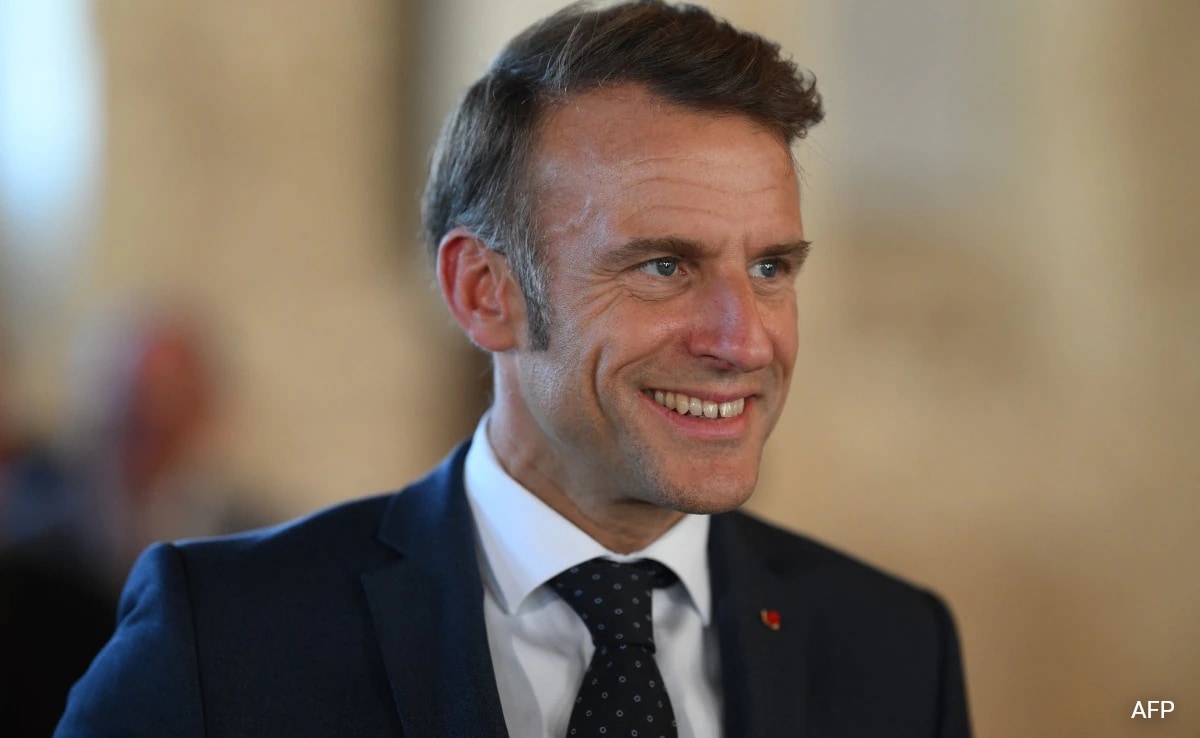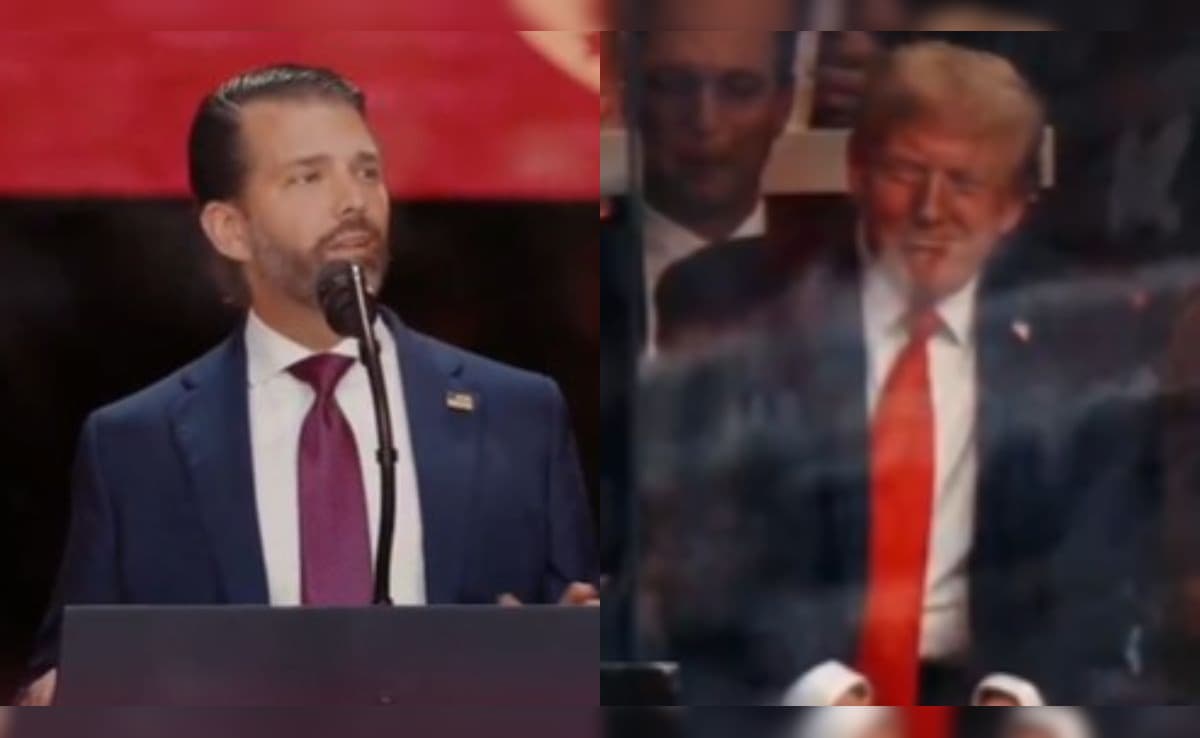Introducing the new Interpreter newsletter
Some personal news, as they say: From now on I’ll be running this newsletter full time, bringing reported columns about the world’s most important stories to your inbox every week.
This newsletter will now be the main home for my analysis and reporting from around the world, and I have big plans for it that I am excited to share in the coming weeks.
The original plan was to reintroduce the newsletter in April. But after Russia invaded Ukraine, I emailed Michael Slackman, the International editor of The Times, with the subject line “put me in, coach!”
He agreed that this is exactly the kind of situation this newsletter exists to cover. So starting this week, you will be hearing from me every Wednesday. And once we reach our previously scheduled launch date next month, we’ll be adding an additional weekly send.
So now I want to hear from you: What burning questions can this newsletter answer? What do you want to understand about the war in Ukraine? What other stories do you hope I will cover here? Email me at interpreter@nytimes.com. I’m looking forward to reading your messages.
In the meantime, here’s this week’s Interpreter, asking the big question on my mind lately:

Could a crackdown on kleptocrats help Ukraine?
Russian oligarchs helped boost Vladimir V. Putin’s influence in the West. Can sanctions turn that pressure back on him?
If you were making a TV show about Britain’s complicated relationship with Kremlin-allied oligarchs and their money, the scenes last week at 5 Belgrave Square in London would have made for a perfect cold open.
The square is one of London’s ritziest addresses, once home to British aristocrats and captains of industry. It usually has the atmosphere of muffled calm one finds in neighborhoods whose wealthy residents are rarely home.
But early last week that quiet was shattered by black-clad activists who occupied the creamy-white mansion at No. 5 and hung protest banners from its front balcony. They proclaimed that they were seizing the house, which reportedly belongs to a Kremlin-allied aluminum magnate named Oleg Deripaska, on behalf of Ukrainian refugees.
The police soon arrived to evict them, in a show of force that struck many observers as ironic. “There must be 20 police officers outside the Belgrave Square property occupied by anarchists, which is I reckon approximately 20 more than ever checked the provenance of the money that bought it,” Oliver Bullough, a British author and journalist known for his investigations into corruption, wrote on Twitter.
The protest was an unusually public outburst of a long-simmering fight over London’s status as a place where people like Deripaska, who acquired vast wealth via their relationships with corrupt post-Soviet governments, could launder their money and reputations without encountering inconvenient scrutiny from government regulators.
For years, anti-corruption experts have warned that accepting money from these individuals, often referred to as “kleptocrats,” threatened British democracy and supported hostile autocratic regimes abroad, including the one in Russia. But many of London’s law firms, property agents, charitable foundations and politicians welcomed the kleptocrats with open arms.
Now, after Russia’s invasion of Ukraine, that has changed. Public opinion has hardened against anyone associated with Putin. The British government is cracking down, imposing sanctions on Deripaska, along with hundreds of others it described as oligarchs, political allies or propagandists for Putin, in an effort to isolate the Russian president from elite support.
But, experts say, it may be too little, too late.
‘Ten years ago, it was a different situation’
Trying to parse the relationships between Britain’s elite and Russian oligarchs, or between those oligarchs and the Kremlin, can feel a little bit like staring at a pointillist painting.
Up close, any single relationship or contact can seem ambiguous. British politicians, businesses and charities tend to insist that their contacts with wealthy Russians are merely business transactions or personal friendships. And Russian elites in London often bristle at claims that they might act on behalf of the Kremlin. In many cases, such defenses are probably true.
But if you step back and take a broader look, a picture starts to take shape.
“The links of the Russian elite to the U.K. — especially where this involves business and investment — provide access to U.K. companies and political figures, and thereby a means for broad Russian influence in the U.K.,” a 2020 report by the British Parliament’s Intelligence and Security Committee stated. “To a certain extent, this cannot be untangled and the priority now must be to mitigate the risk.”
The time for prevention, experts say, was long ago. Back then, Russian ties to elite British institutions were less pervasive, and suspect assets were less thoroughly laundered and hidden.
“The time to crack down on kleptocratic money in the West was 15 years ago,” when the flow of money into Britain first began to pick up, said David Szakonyi, a political scientist at George Washington University and a co-founder of the Anti-Corruption Data Initiative. Now, he questions whether regulators will even be able to find assets belonging to sanctioned individuals, much less freeze or appropriate them.
Starting earlier would also have given a crackdown a greater chance of altering the course of Putin’s government, said Tena Prelec, a research fellow at the London School of Economics who studies corruption and the rule of law in post-Soviet countries.
“It takes time for authoritarianism to crystallize. Ten years ago, it was a different situation in Russia,” she said. “In these 10 years, you had a situation in which Putin has been able to crack down on the opposition in such a firm way that there is now less opportunity for internal protests.”
It is impossible to say, in hindsight, whether a crackdown on kleptocratic assets would have interrupted that authoritarian turn. But dissatisfied business elites are often a source of support for opposition movements, said Erica De Bruin, a political scientist at Hamilton College. If they back opposition candidates in elections, that can bring about regime change even in partially authoritarian systems. Now, however, Putin’s level of political control makes that far less likely.
All eyes on the elites
But could Russian elites’ assets in Britain, and the channels of influence to British institutions that the Kremlin enjoyed as a result of those connections, be turned around and used as a weapon against Putin?
In recent weeks, Britain has imposed sanctions on Deripaska and other oligarchs as part of a broad set of measures intended to cripple Russia’s economy.
Russia-Ukraine War: Key Developments
Russia’s shrinking force. The Pentagon said that Russia’s “combat power” in Ukraine has dipped below 90 percent of its original force. The assessment reflects the significant losses that Russian troops have suffered at the hands of Ukrainian soldiers.
The idea that sanctions on elites could sway Putin is plausible in theory. Most dictators are ousted by erstwhile allies from their own governments, so undermining elite support can be a powerful means of influencing or weakening a hostile regime. As I wrote in a recent column, if sanctions helped to cause a rift between Putin and the elites he relies on to keep and wield power, that could affect his ability to wage war in Ukraine, or even the stability of his presidency.
In practice, however, the individual sanctions are unlikely to have that effect, experts say.
Oligarchs like Deripaska, Roman Abramovich and Mikhail Fridman are high profile, but they made their fortunes in the era of Putin’s predecessor, Boris Yeltsin, and were never part of Putin’s inner circle.
“Over the last few weeks I have become convinced that this is the weakest the Yeltsin-era oligarchs have ever been in the post-Soviet era,” Szakonyi said. “When they get trotted out for Putin in big meetings, it’s more like a show, to signal to the wider economic community that these oligarchs are with Putin. I really discount their ability to constrain any foreign-policy decisions.”
Rather, the core of Putin’s ruling coalition is made up of the “siloviki,” a group of officials who came to politics after serving in the K.G.B. or other security services, and who now occupy key roles in Russia’s intelligence services, military and other ministries, said Maria Popova, a political scientist at McGill University who studies authoritarianism in post-Soviet countries. As with the Yeltsin-era oligarchs, many of the siloviki have become extremely wealthy as a result of their ties to the government.
But because they are so closely tied to Putin, the loss of their assets in the West is unlikely to have much immediate effect on their loyalty. Putin still has the power to distribute favors and assets within Russia, Szakonyi said. And his elite allies are most likely concerned that if Putin’s government were to fall, his successor would expropriate the wealth of the previous ruling class. “There’s a lot of understanding that anyone who would replace Putin would potentially go after the friends and family of Putin,” he said.
The greater question for elites’ loyalty to Putin, and the long-term stability of his government, is what will happen as the pain caused by the broader sanctions against the Russian economy grows.
Mass unrest, if it occurs, can make elites question the wisdom of remaining loyal to the government, particularly if they fear that they might be scapegoated for its causes, or that they won’t be protected from prosecutions for suppressing popular protests.
But that prospect remains remote for now.
“We’re not going to see a revolution or an uprising anytime soon,” said Noah Buckley, a political scientist at Trinity College, Dublin, who studies authoritarian politics. “But the crisis has not really hit Russia yet. It remains to be seen how far that discontent, that I have to assume will come, will go.”
How am I doing?
I’d love your feedback on this newsletter. Please email thoughts and suggestions to interpreter@nytimes.com. You can also follow me on Twitter.
.png)











 English (United States) ·
English (United States) ·  Turkish (Turkey) ·
Turkish (Turkey) ·